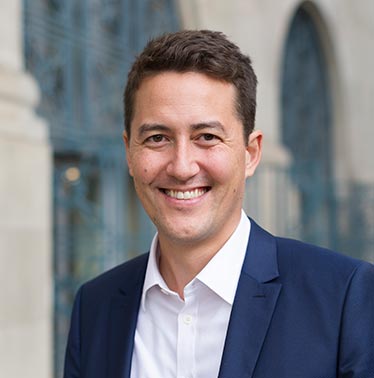Prof. David Yanagizawa-Drott
David Yanagizawa-Drott received his PhD from IIES at Stockholm University in 2010. At that point, he was hired as Assistant Professor at John F. Kennedy School of Government, Harvard University. He was then promoted to Associate Professor in 2014. In 2016, he was hired as a full professor at University of Zürich. His research has shown that propaganda can cause violent conflict, studying the impact of hate media during the Rwanda Genocide. David has also examined the role of political protests in shaping policy outcomes and elections, establishing evidence that they can be highly effective in moving public opinion. In developing countries, a lot of his work focuses on the how to improve health outcomes and economic outcomes for poor households. In this line of work, for example, David implemented a randomized field experiment that showed that a simple Community Health Worker intervention in Uganda, based on a social entrepreneurship model, reduced child mortality by more than twenty percent. David is a member of several research networks, such as Poverty Action Lab (J-PAL), The Bureau for Research and Economic Analysis of Development (BREAD), European Development Research Network (EUDN) and Center for Economic Policy Research (CEPR). His work has been highlighted in various international media outlets, such as the New York Times, Washington Post, The Guardian, The Economist and various national TV news broadcasts in the U.S.
Interests
Development Economics, Political Economy


